Subscribe: Apple Podcasts | RSS

February is Black History Month. Will you be celebrating black history in your classroom?
I am a white teacher and I taught at a predominately white school. I am being very vulnerable here when I tell you that I felt uncomfortable teaching black history. I was scared that I would say the wrong thing, choose the wrong book, or offend someone. I wanted to be culturally sensitive, but I wasn’t always sure how to go about it.
Have you ever felt that way too?
I hear ya.
On this episode, I had the opportunity to sit down and chat very Vera Ahiyya- also known as the Tutu Teacher. Vera is a kindergarten teacher in Brooklyn and she is passionate about helping teachers to be more diverse in the classroom.
Some of my big takeaways from this conversation with Vera:
- Black History Month is a great time to celebrate the history of blacks and not just a time to talk about civil rights and slavery. Share stories of the beautiful and not just the hardships.
- Use books as a platform to have conversations about black leaders and heroes such as artists and musicians. Black History Month is a great time to start the conversation, but then you can think about how you can weave more stories into the curriculum throughout the year.
- Your job is to teach every student and be inclusive. Even if you teach at a predominately white school, you still have an obligation to include all of the people of the world. You can’t help kids to be better if you are exclusionary.
- If you are uncomfortable with teaching black history then you must educate yourself. Vera recommends that teachers read the book Stamped by Jason Reynolds.
- Never have students reenact or do a role play of enslaved people. It is offensive. Slavery should not be made into a board game.
- Vera recommends using the resource Teaching Tolerance.
- Do a survey of your classroom library!
I also asked Vera to share some of her favorite culturally sensitive picture books that teachers should add to their classroom library. Here are links to the books that she recommended.
Sometimes it is uncomfortable to have conversations about topics like this. But being uncomfortable is an opportunity for growth. Ignoring black history would be a shame.
If you want to learn more about Vera, you can find her on Instagram:

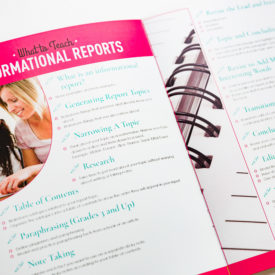
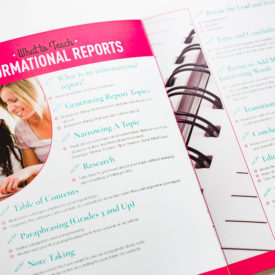




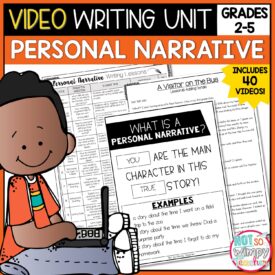
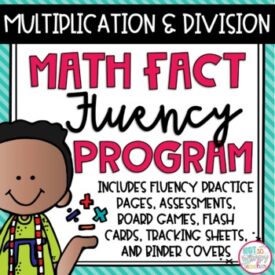

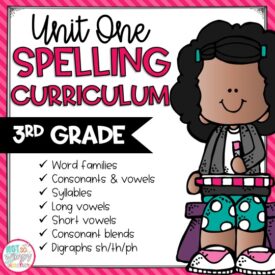
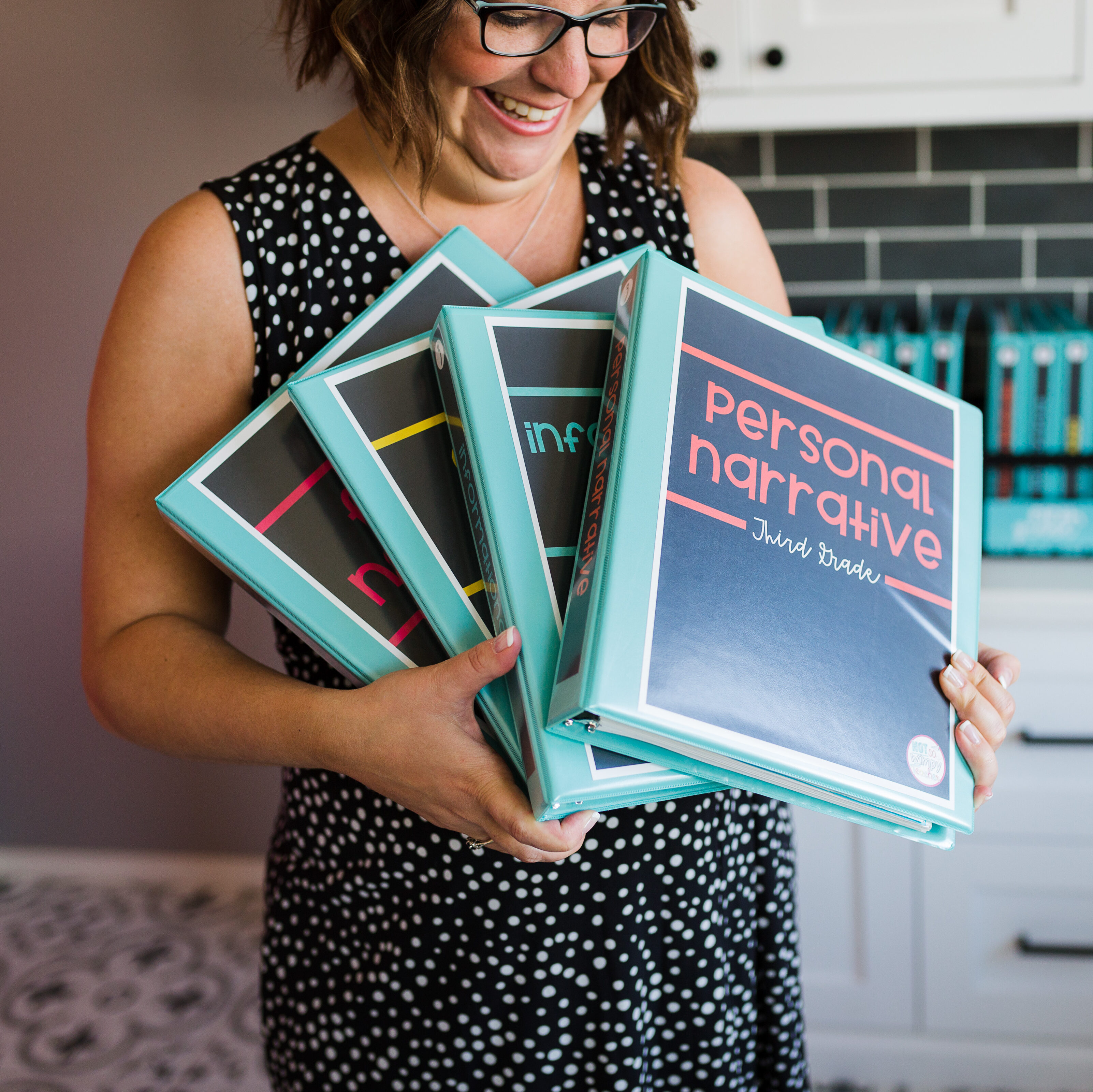





 End of Year Carnival Week for grades 2-5!
End of Year Carnival Week for grades 2-5!
Thank you Very much for having this podcast. I was a African America who taught in a predominantly white school. In fact at one point I was the ONLY adult person of color on campus. While I was use to it growing up all my life I still felt sad that other teachers did not even attempt to do Black History month. I did and it was great! I received positive responses from the students and parents. However I remember getting side looks and comments from teachers that they just didn’t have TIME to include all that. If more teachers no matter what ethnicity would just teach any culture opposite of themselves what a wonderful word this would be. Now I am teaching outside of the country where I meet people from literally all over the world. It is amazing how more similar we all are and have very few differences when we really get to know each other.